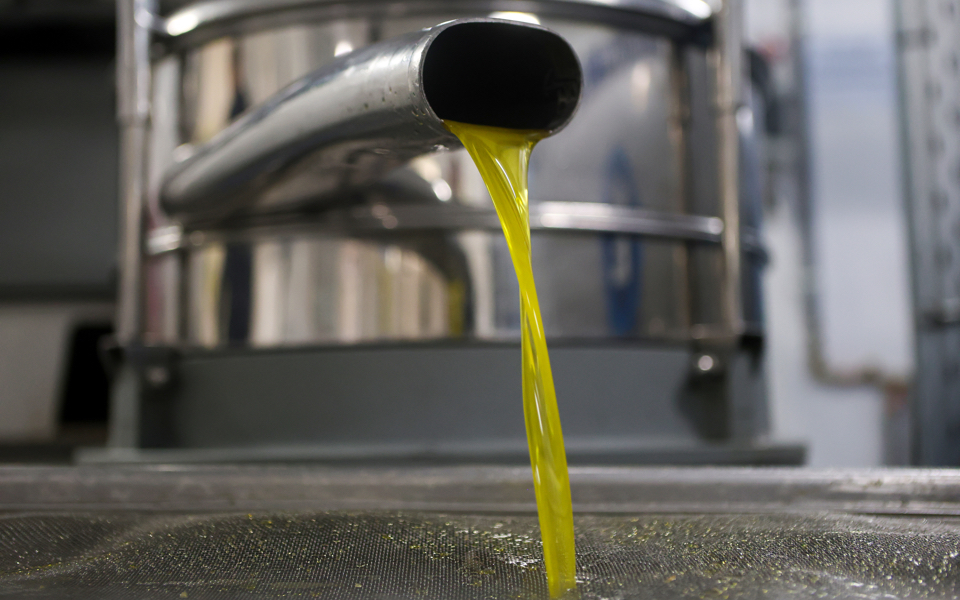Sustained corporate profit margins, also known as “greed flation,” strong demand for tourism services, and rising incomes of Greeks are the main factors explaining Greece's high inflation rate.
Analysts from the National Bank of Greece, in a special study published on Wednesday titled “Inflation and Short-Term Challenges”, said that the impact of the floods in Thessaly, combined with the phenomenon of rising olive oil prices, will postpone the drop in the index to 2% until the second half of the year.
The consumer price index stood at 3.1% in April (European Union harmonized index was 3.2%), but has fallen to 2.4% in mid-2023. In the euro area, the harmonized index stood at 2.4% in April.
A study by the NBG Economic Analysis Department, headed by chief economist Nikos Maginas, noted that inflation has remained “unwavering” over the past seven months, which is mainly due to robust demand currently reflected in services prices.
The NBG forecasts a modest slowdown to 2.9% in the second quarter of this year, then closer to 2% in the second half, before finishing 2024 at an average of 2.6%, in line with what the government forecast in its stabilization program. Alfa Bank had predicted 2.6-3% in a similar recent survey. But NBG analysts also expressed uncertainty given accelerating trends in energy and non-energy raw materials in recent months.
The most interesting finding of the NBG analysis is that 50% of food inflation (5.4% in April) is driven by olive oil, both because of its uniqueness in Greece, where prices have risen disproportionately compared to other countries (up 63.7% in April, adding 0.5 percentage points to the inflation rate), and because of its higher weighting in the index (0.9% in 2024 compared to 0.2% in the euro area).
About 5 percent of the overall increase in food prices over the past two years is due to greed flation, i.e. an increase in retail market profit margins. Despite the fall in prices of some raw materials and imported production flows, companies' profit margins have not adjusted, both in Greece and internationally, “due to strong demand and chronic structural constraints on the Greek market, as well as in international distribution chains of processed products and raw materials.”



